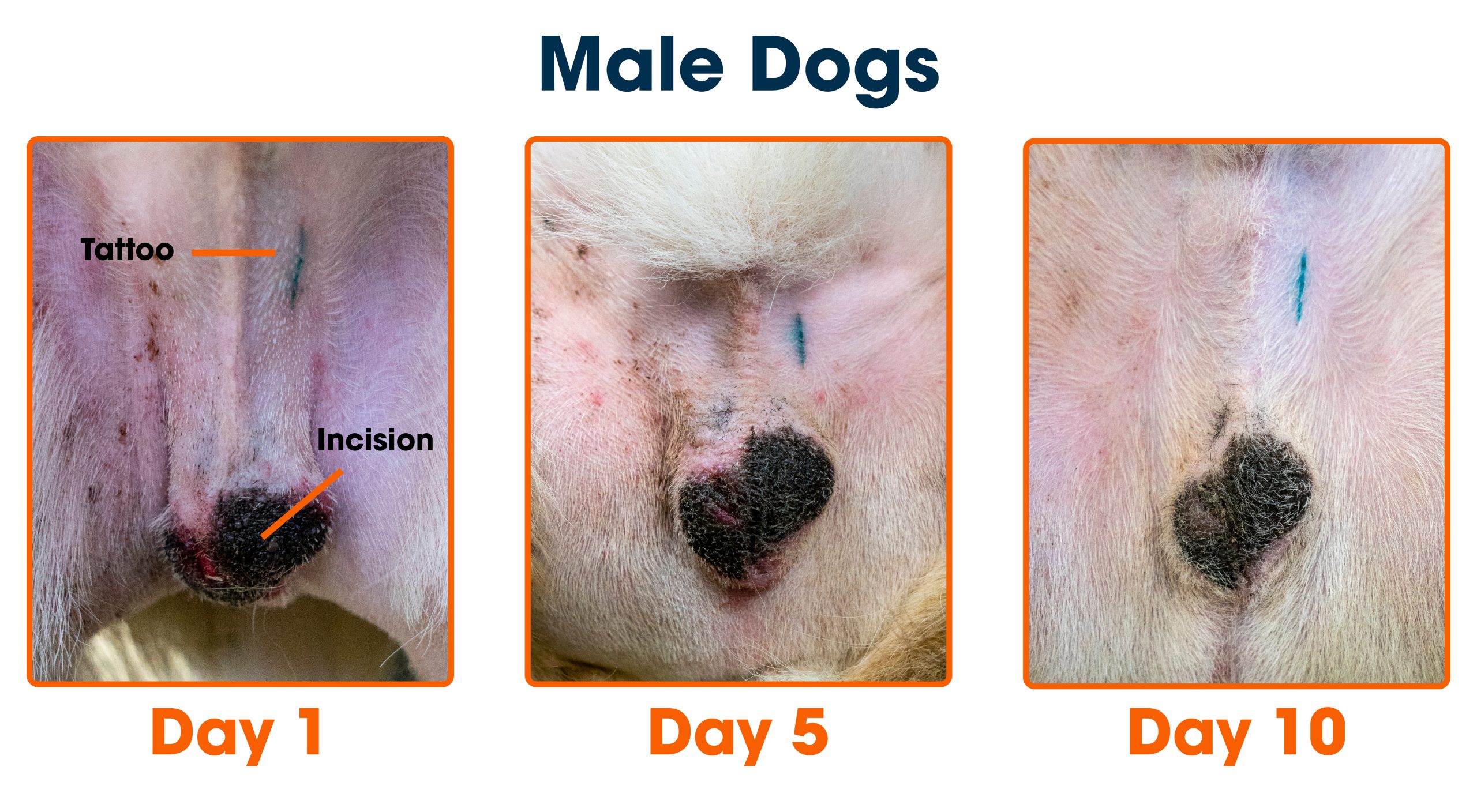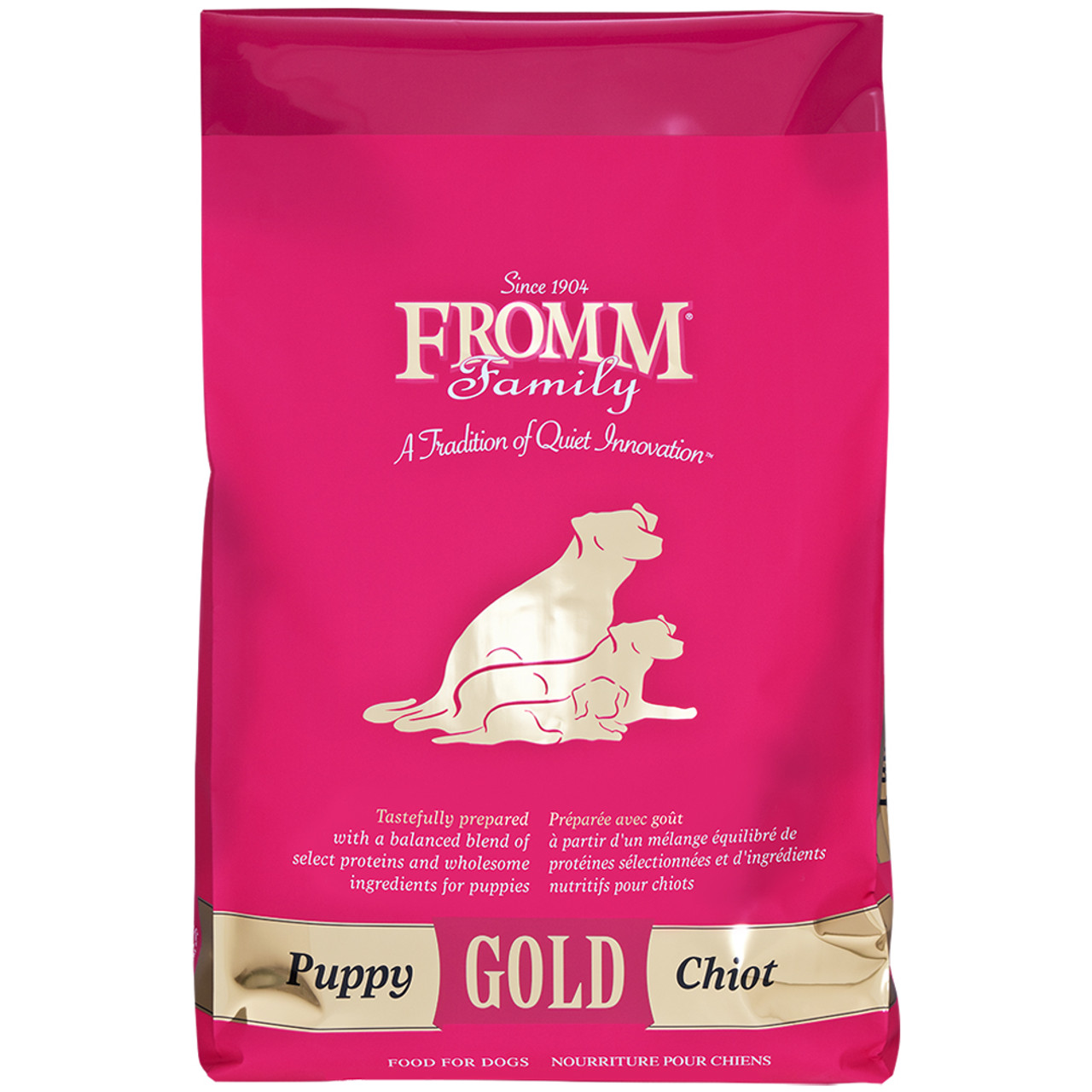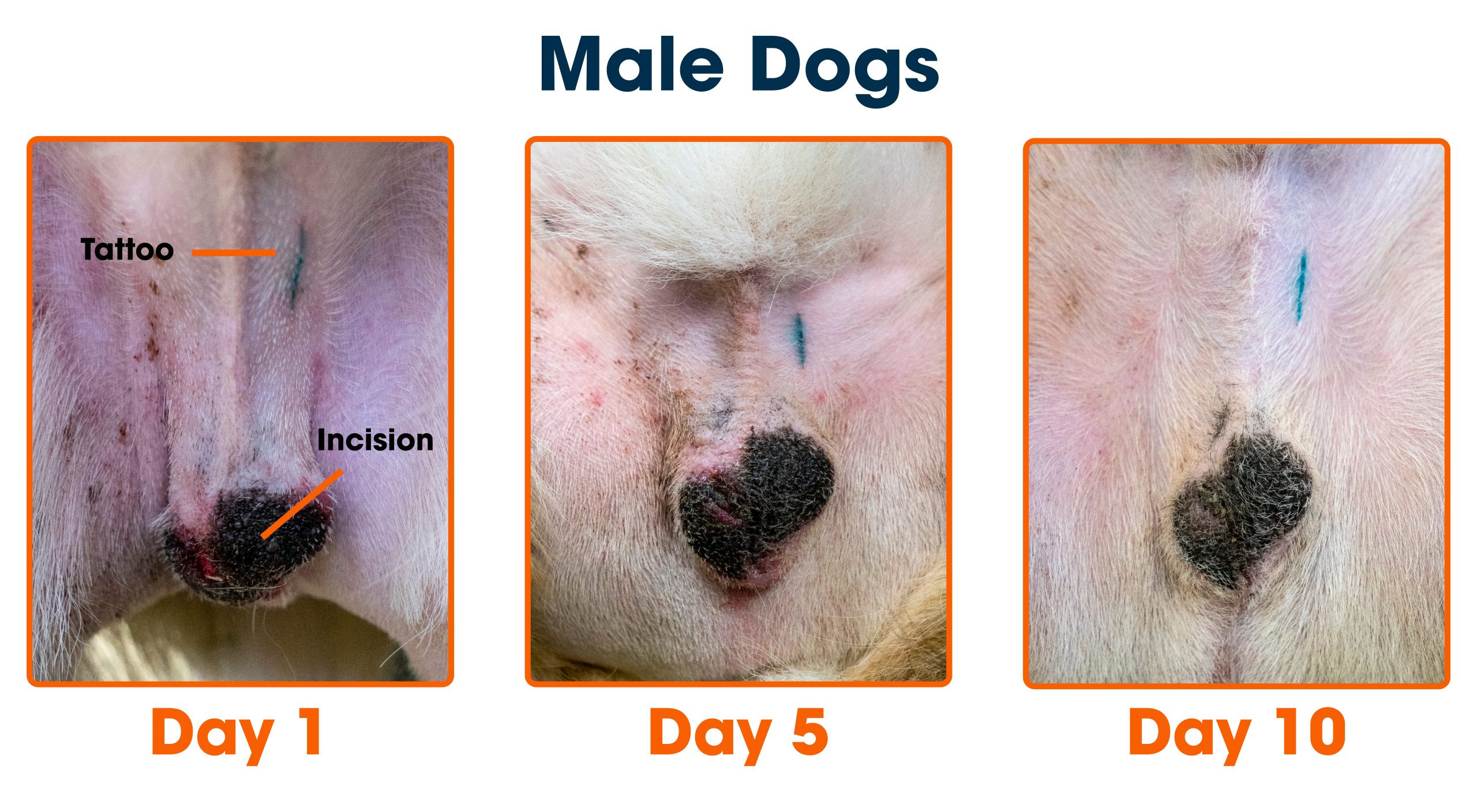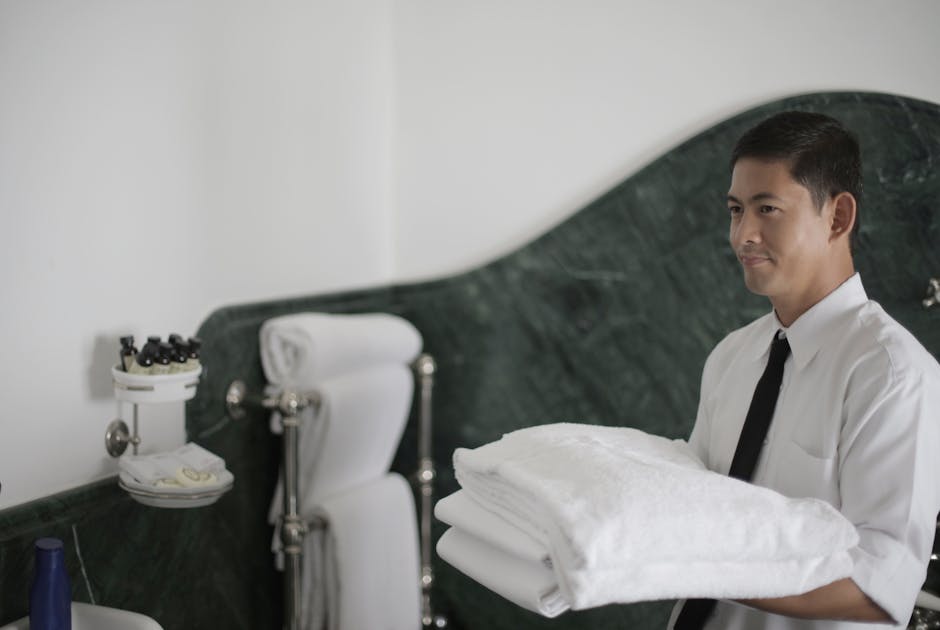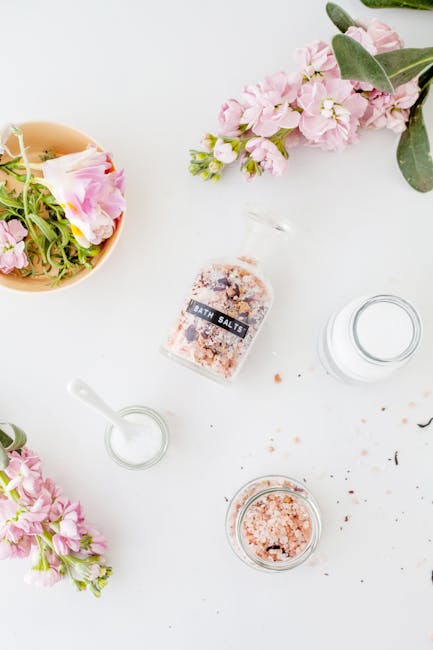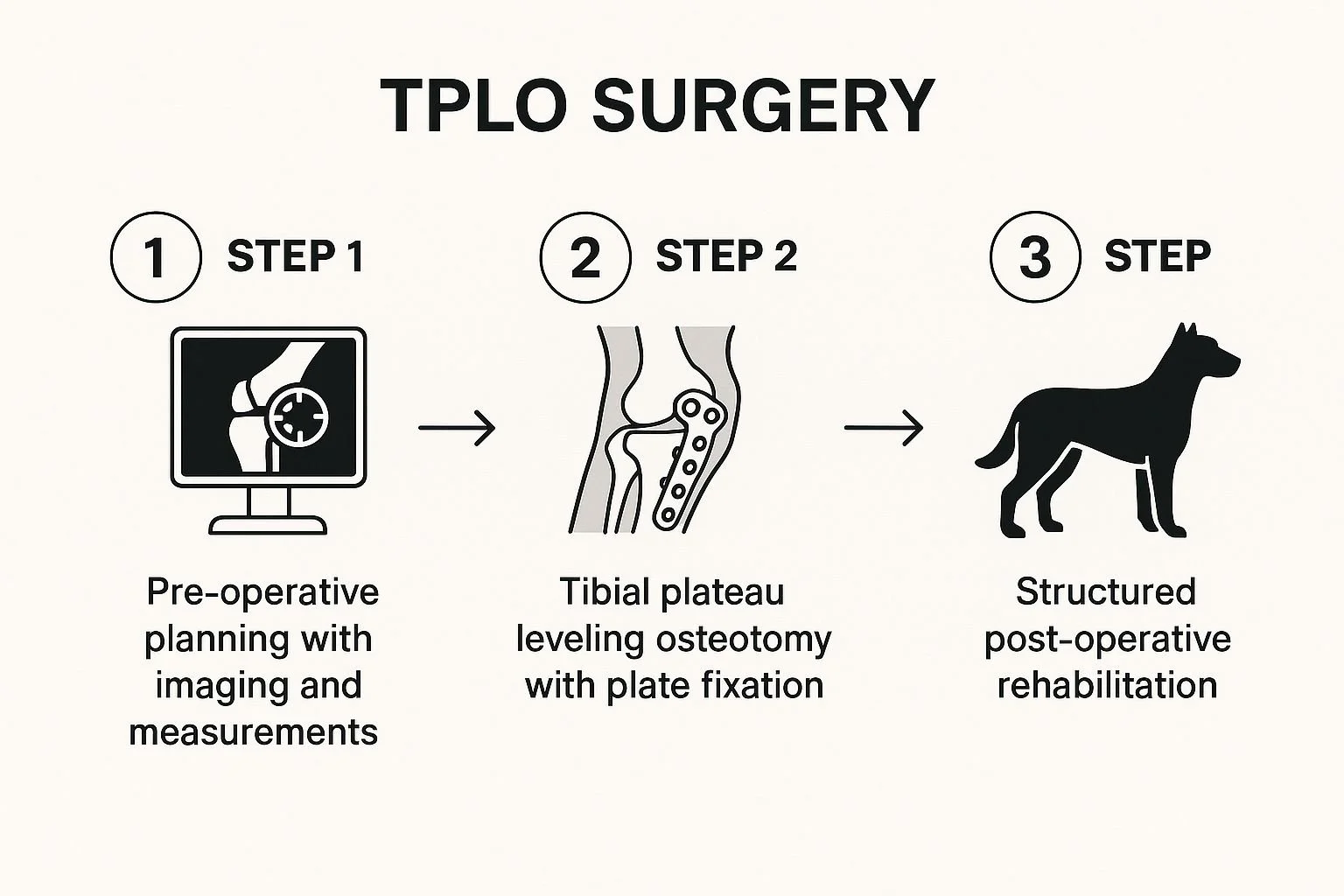Are you looking for a dog that won’t trigger allergies but still fits perfectly into your family life? Finding the best hypoallergenic dog for a family can feel overwhelming, especially when you want a furry friend everyone can enjoy without sneezing or discomfort.
You’ll discover which dog breeds are truly hypoallergenic, what makes them special, and how to choose the right one for your home. Keep reading to find the perfect match that will bring joy and comfort to your family for years to come.
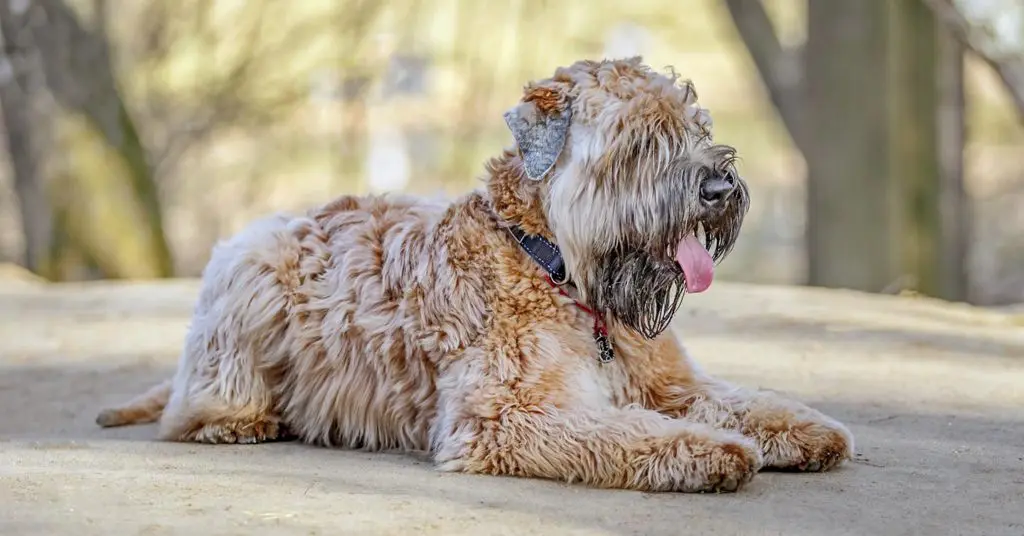
Credit: www.pumpkin.care
Why Choose A Hypoallergenic Dog
Many families want a dog but worry about allergies. Hypoallergenic dogs are a good choice for these families. These dogs shed less and produce fewer allergens.
Choosing a hypoallergenic dog helps keep your home cleaner. It also reduces allergy symptoms like sneezing and itchy eyes.
Benefits For Allergy Sufferers
Hypoallergenic dogs cause fewer allergy problems. They shed less hair and dander. This means fewer allergens in the air and on furniture.
These dogs allow allergy sufferers to enjoy pets without strong reactions. You can still have fun playing and cuddling with your dog.
- Less shedding reduces dander in the home
- Lower allergen levels help prevent symptoms
- Better air quality due to fewer particles
- Increased comfort for family members
Common Misconceptions
Many believe hypoallergenic dogs do not cause allergies at all. This is not true. No dog is 100% allergy-free.
People also think all small dogs are hypoallergenic. Size does not always affect allergies. Coat type and shedding matter more.
- Hypoallergenic dogs still produce some allergens
- Shedding and dander vary by breed, not size
- Regular grooming helps reduce allergens
- Allergy reactions differ from person to person
Traits Of Hypoallergenic Dogs
Hypoallergenic dogs are better for families with allergies. They produce fewer allergens that cause reactions.
These dogs usually have special coat types and shed less hair. This helps reduce allergy triggers in the home.
Coat Types And Shedding
Hypoallergenic dogs often have hair instead of fur. Their coats may be curly, wavy, or silky.
These types of coats hold onto loose hairs. This means less shedding around the house.
- Curly coats trap hair and dander
- Wavy coats shed very little
- Silky coats can be low shedding
- Regular grooming keeps shedding down
Allergen Production
Allergens come from dog skin flakes, saliva, and urine. Some breeds produce less of these allergens.
Hypoallergenic dogs tend to produce fewer allergens. This lowers allergy symptoms in sensitive family members.
- Less dander means fewer airborne allergens
- Some dogs produce less saliva allergens
- Regular cleaning reduces allergens indoors
- Allergen levels vary by individual dog
Top Hypoallergenic Breeds For Families
Finding a dog that suits a family with allergies can be a challenge. Hypoallergenic dogs shed less and cause fewer allergy problems.
Here are some of the best hypoallergenic dog breeds for families. These breeds are friendly, loving, and easier on allergies.
Labradoodle
The Labradoodle is a mix between a Labrador Retriever and a Poodle. It has a curly coat that sheds very little.
This breed is playful and great with children. Labradoodles are smart and easy to train, making them perfect family pets.
Bichon Frise
Bichon Frises are small, cheerful dogs with soft, curly coats. They do not shed much and are good for allergy sufferers.
These dogs are friendly and love to be around people. They get along well with kids and other pets in the home.
Portuguese Water Dog
Portuguese Water Dogs have curly, water-resistant coats that shed very little. They are a strong and active breed.
This breed is loyal and protective, making them good family dogs. They enjoy exercise and playtime with kids.
Schnauzer
Schnauzers come in three sizes: miniature, standard, and giant. All have wiry coats that shed very little.
They are intelligent and alert dogs. Schnauzers are good watchdogs and love spending time with their families.
Maltese
The Maltese is a small dog with a long, silky coat that does not shed much. It is gentle and affectionate.
This breed enjoys being indoors and is great for families with limited space. Maltese dogs are good with children and adults.
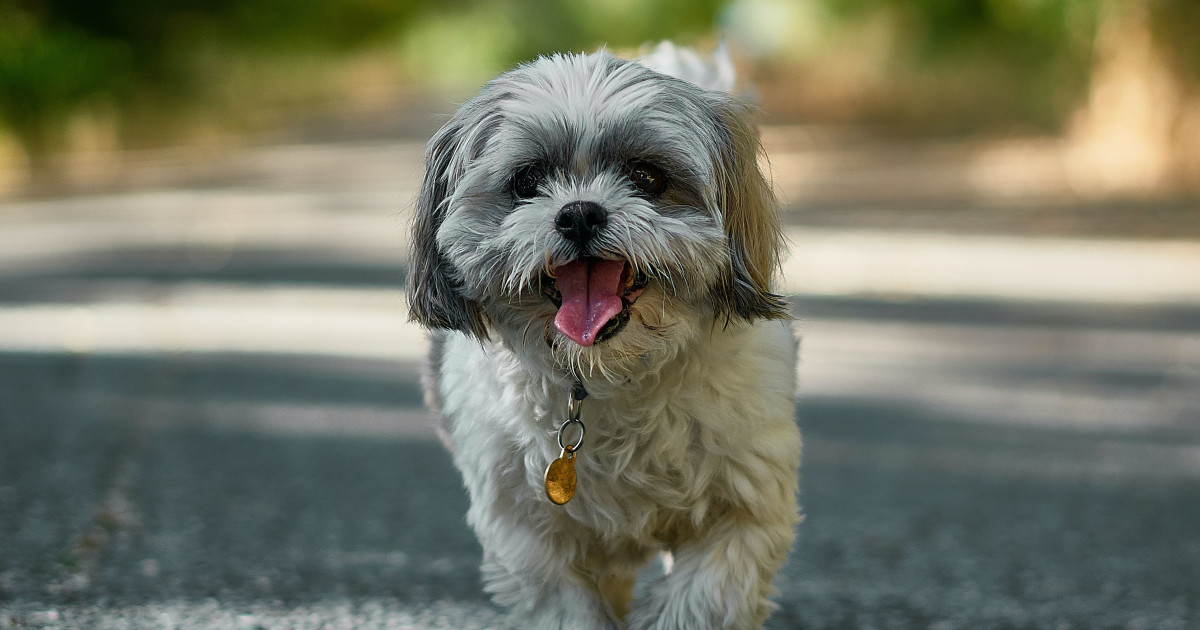
Credit: pethelpful.com
Choosing The Right Breed For Your Family
Picking the best hypoallergenic dog is important for families. It helps keep allergies away and makes living together easier.
Different breeds have unique traits. Knowing these can help you find a dog that fits your family’s life.
Temperament And Energy Levels
Some hypoallergenic dogs are calm, while others are very active. Choose a dog that matches your family’s energy.
Families with kids may want a friendly, patient dog. Active families might prefer a playful, energetic breed.
- Poodles are smart and energetic
- Bichon Frises are friendly and playful
- Maltese dogs are gentle and calm
- Portuguese Water Dogs are active and loyal
Size And Living Space
Small dogs fit well in apartments or small homes. Larger dogs need more space to move around.
Think about your home size and yard before choosing a breed. Size affects how much exercise your dog needs.
- Small breeds: Maltese, Shih Tzu
- Medium breeds: Bichon Frise, Coton de Tulear
- Larger breeds: Standard Poodle, Portuguese Water Dog
Grooming Needs
Hypoallergenic dogs often need regular grooming. This keeps their coat clean and reduces allergens.
Some breeds need more brushing and trimming. Choose a dog whose grooming fits your family’s schedule.
- Poodles require regular haircuts
- Bichon Frises need frequent brushing
- Maltese dogs need gentle daily care
- Portuguese Water Dogs need moderate grooming
Caring For A Hypoallergenic Dog
Choosing the best hypoallergenic dog for a family means thinking about care needs. These dogs shed less and cause fewer allergies.
Caring well helps keep your dog healthy and your family comfortable. Proper grooming and health checks are key parts.
Grooming Tips
Hypoallergenic dogs need regular grooming to stay clean and reduce allergens. Brush your dog often to remove loose hair.
Bath your dog with gentle shampoo every few weeks. This helps clear dander and keeps skin healthy.
- Brush coat 2-3 times a week
- Use a mild, pet-safe shampoo
- Trim hair to reduce matting
- Clean ears and trim nails regularly
Health Considerations
Hypoallergenic dogs still need regular vet visits. Check-ups keep them free from illness and skin problems.
Feed a balanced diet for good coat and immune health. Watch for signs of allergies or discomfort.
- Schedule vet visits twice a year
- Provide high-quality dog food
- Monitor skin and coat condition
- Watch for sneezing or itching
Allergy Management
Even hypoallergenic dogs can cause mild allergies. Clean your home to reduce pet dander and hair.
Use air purifiers and wash pet bedding often. Keep your dog out of bedrooms to limit allergen spread.
- Vacuum floors and furniture weekly
- Wash pet bedding weekly
- Use HEPA air filters in living areas
- Keep dog out of bedrooms
Alternatives To Hypoallergenic Dogs
Some families cannot have hypoallergenic dogs. Allergies can still cause problems even with these dogs. There are other ways to enjoy pets without strong allergic reactions.
We will look at allergy treatments and other pet options. These choices help families with allergies enjoy animals safely.
Allergy Treatments
Allergy treatments can reduce symptoms from dog dander and hair. They help some people live with pets without strong reactions.
Common treatments include medicine and cleaning routines. They make it easier to manage pet allergies at home.
- Antihistamines to reduce sneezing and itching
- Nasal sprays to ease congestion
- Allergy shots for long-term relief
- Regular house cleaning to remove pet dander
- Using air purifiers to clean the air
Other Pet Options
Some families choose pets that cause fewer allergies. These pets can be a good alternative to dogs.
Small animals or reptiles often trigger fewer allergic reactions. They also need less grooming and cleaning.
- Cats with low-shedding fur or special breeds
- Fish that live in tanks and do not shed hair
- Birds like parakeets or canaries
- Reptiles such as turtles, lizards, or snakes
- Small rodents like hamsters or guinea pigs

Credit: pacagen.com
Frequently Asked Questions
What Are Hypoallergenic Dogs?
Hypoallergenic dogs are breeds less likely to trigger allergies. They produce fewer allergens than other breeds. These dogs are ideal for families with allergies. Regular grooming and cleaning can further reduce allergens. Popular hypoallergenic breeds include Poodles and Bichon Frises.
Which Hypoallergenic Dog Is Best For Families?
The Poodle is considered one of the best for families. They are intelligent, friendly, and adaptable to various living environments. Poodles come in three sizes, making them versatile for different homes. Their low-shedding coats are a bonus for allergy sufferers.
Do Hypoallergenic Dogs Shed Less?
Yes, hypoallergenic dogs typically shed less. This reduces the amount of dander in the home. Less shedding means fewer allergens are spread. Regular grooming helps maintain their coats. This further minimizes potential allergens.
Are Hypoallergenic Dogs Completely Allergy-free?
No, they are not completely allergy-free. Hypoallergenic dogs produce fewer allergens. This can help minimize reactions in sensitive individuals. However, no dog breed is entirely free of allergens. It’s essential to spend time with a breed before deciding.
Conclusion
Choosing the best hypoallergenic dog helps keep allergies at bay. These dogs suit families wanting a loving, low-allergy pet. Each breed offers unique traits and care needs. Think about your family’s lifestyle before deciding. A happy dog means a happy home.
Enjoy the joy and comfort a hypoallergenic dog brings.

